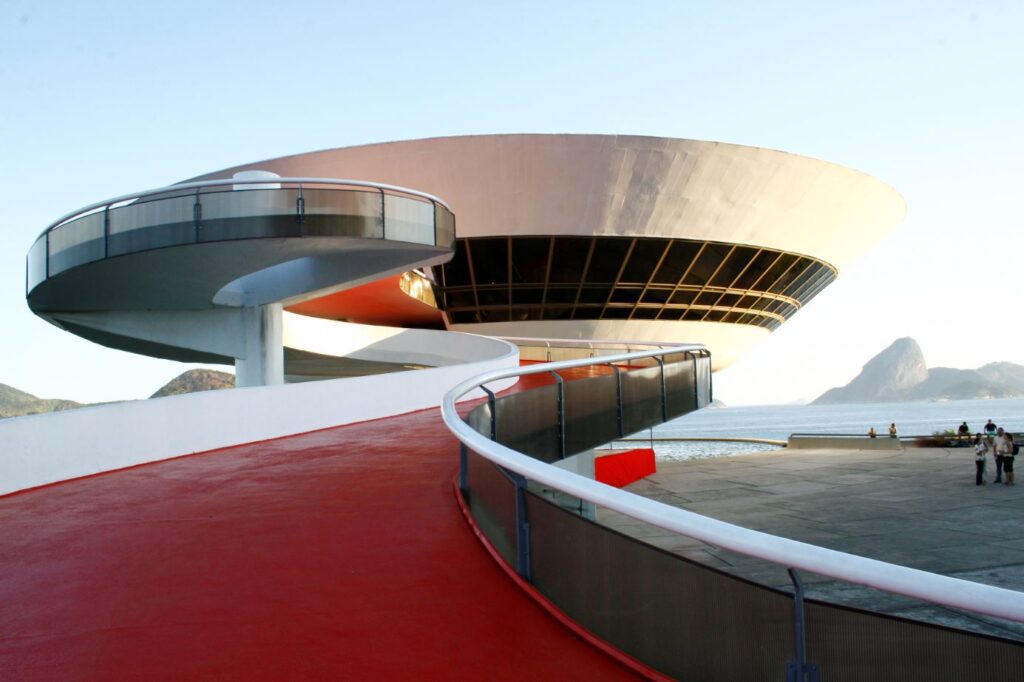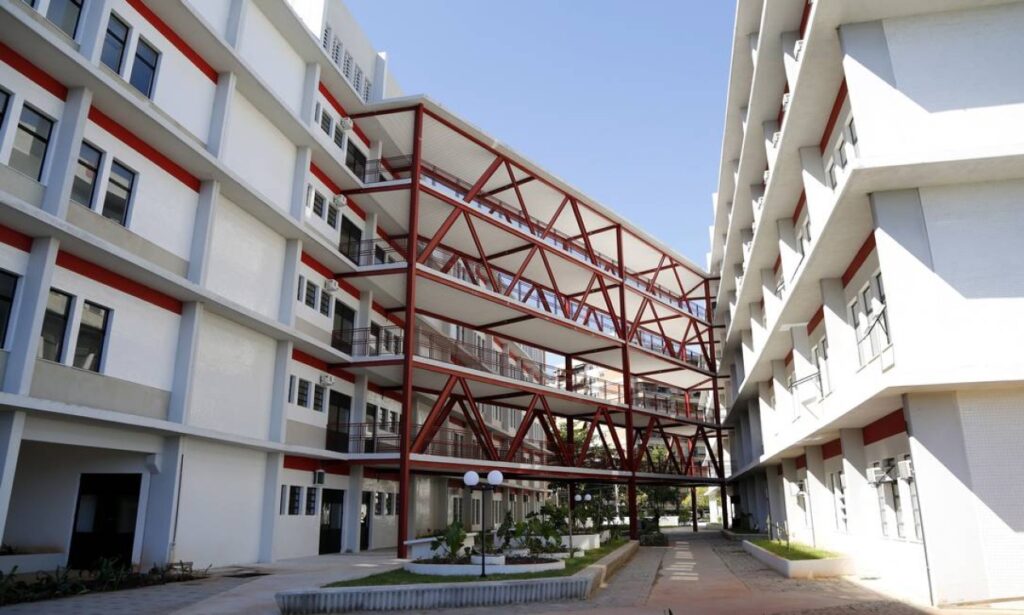June 3 2025
I Workshop on Extended Reality for Education
Challenges of Interacting with XR Technologies in Educational Contexts:
Perspectives of Educators and Learners

INTRODUCTION
The rise of computer-based systems and technologies, such as computers and smartphones, has led to a greater application of Interactive Media in Education, particularly through digital games and virtual environments. Among the technologies used for education, immersive technologies based on Extended Reality (XR) stand out for their benefits in the learning process. They enable students to engage more deeply with the subjects being taught and help them develop essential skills such as communication, critical thinking, and creativity.
However, implementing new technologies in schools presents several challenges. For example, many schools lack adequate physical infrastructure, including necessary equipment, reliable internet connections, and suitable facilities. Additionally, there is often a gap in knowledge among teachers and other staff that can hinder the proper application of these technologies.
Therefore, we are excited to present the 1st edition of the Extended Reality for Education (XR4Edu) workshop. This year, the theme is “Challenges of Interacting with XR Technologies in Educational Contexts: Perspectives of Educators and Learners”, aiming to explore the challenges and opportunities that arise from implementing Extended Reality (XR) in educational settings.
We hope to bring together teachers and students from Basic Education, Higher Education Institutions (HEIs) and other professionals and scientists working in the area of Education to promote the exposure of different perspectives, experiences and knowledge so that, at the end of the event, the discussions and papers generated contribute to the development of this theme. The scope of the workshop is outlined by the following themes: (1) methods and experiences in the application of XR technologies in education and (2) challenges and barriers in the use of XR in education. Below, we suggest some of the topics, but submissions are not limited to them.
This workshop aligns with the main theme of the event by incorporating stakeholders’ perspectives (teachers, students, and researchers) in utilizing and implementing the XR technology for educational purposes. It also acknowledges the possibilities of innovation and diversity made available by using interactive media based on XR in the learning process.
PROCEEDINGS
You can now read the accepted papers in the workshop at the SBC-OpenLib (SOL) library:
This workshop was an one-day on-site event on the
ACM International Conference on Interactive Media Experiences (IMX) 2025
It took place in Niterói – Rio de Janeiro, Brazil




AGENDA
The workshop happened on 03/06 (June 3). All time below is in BRT (UTC-3). The agenda is also available in this PDF.
| Time | Activity |
| 09:00 – 09:30 | Workshop Overview (selected data), proponents, daily agenda |
| 09:30 – 10:30 | Self-introduction of all participants and their groups |
| 10:30 – 11:00 | Break |
| 11:00 – 12:30 | Keynote on the workshop theme |
| 12:30 – 14:00 | Lunch |
| 14:00 – 17:30h (with a break 15:30 – 16:00) | Hands on: Fast Prototyping |
| 17:30 – 18:00 | Closing session and next steps (+ group photo) |
TOPICS
1) Experiences and methodologies in the use of XR in Education
– Experiences in training Basic Education teachers in the use of XR.
– Methods for integrating XR technologies in Education.
– Case studies on the application of XR in the classroom.
– Methods for evaluating and monitoring the application of XR in Education.
2) Perspectives on the use of XR in Education
– Techniques and methodologies for teachers to use XR in Education.
– The learner’s view: the impact of XR on their engagement and motivation.
– The role of researchers in the development, application and evaluation of XR in Education.
3) Challenges and barriers in using XR in classrooms
– Difficulties in use by teachers: perspectives and possibilities for training.
– Financial and technological barriers, such as implementation costs and lack of infrastructure.
– Barriers resulting from lack of accessibility and inclusion, and how to combat them.
4) Innovation and Diversity in XR
– The use of XR in specific disciplines (such as Mathematic, Art, History, etc.) and the possibilities for transformation in them.
– Cultural, legal and local aspects for deploying XR technologies in educational contexts.
– Diversity, inclusion and accessibility in using XR in educational contexts.
– The use of XR as a way of customizing the teaching process.
5) The future of XR in Education and its trends
– The impact of XR on Education and its ability to create new teaching practices and shape the future of Education.
– The impact of XR on collaborative and distance learning.
– Proposals for innovative XR projects applied in the educational context.
6) Ethics and sustainability when using XR in Education
– Ethical aspects in the use of XR in Education and the importance of public educational policies for this purpose.
– Privacy and data security in the application of XR in educational contexts.
– Technological sustainability: minimizing environmental and economic impacts.
ORGANIZERS
Laura Coura, UFOP – Brazil
Laura is a Ph.D. student from the Federal University of Ouro Preto – Brazil, and has obtained in the same university a Master’s degree in Computer Science with a focus on technology integration in education, especially Virtual and Augmented Realities. In her research, she took part in the development and implementation of a workshop for teachers, aiming to educate them in how to design immersive games.
Saul Delabrida, UFOP – Brazil
Saul became Ph.D. in 2018 and is an Adjunct Professor at the Federal University of Ouro Preto, in Brazil. He is a founder and the current coordinator of the XR4Good lab at the same university. He has experience in research by using Virtual and Augmented reality for training people on basic education and industrial scenarios. Also, he is the coordinator of two granted research projects on these subjects in his home country. Saul also has experience supervising students.
Reinaldo Fortes, UFOP – Brazil
Reinaldo has a wide formation in Computer Science, with Ph.D. from the Federal University of Minas Gerais (UFMG) in 2022, MSc. from the Aeronautics Technology Institute (ITA) in 2004, graduation from the Federal University of Ouro Preto (UFOP), in 2002 , and Technical Course at the Federal Technical School of Ouro Preto (ETFOP) in 1993. He is an Associate Professor at UFOP, teaching algorithms and data structures, computer programming, and recommender systems disciplines. It has over 20 years of academic and professional experience, acting mainly in the following areas: artificial intelligence, recommender systems, data analysis, software development, interactive television and distributed hypermedia applications. It is currently dedicated to research involving content personalization and information technologies in the teaching/learning process, guiding undergraduate and postgraduate students.
Sílvia Amélia Bim, UTFPR – Brazil
Sílvia Amélia is a professor, writer, and researcher in human-computer interaction. She is a member of the Board of Directors of Computing in Basic Education of the Brazilian Computer Society, which determines, among other aspects, the guidelines for including computing in basic education.
Davinia Hernández-Leo, UPF – Spain
Davinia is a full professor at Engineering and Information and Communication Technologies and Serra Hunter Fellow at Universitat Pompeu Fabra. His research and contributions are in the area of technologies for education. Davinia has been studying an ecosystem for teachers to carry out design and decision-making based on data-based analysis of student learning. She also has a h-index of 41 on Google Scholar, with a total of 6425 citations.
